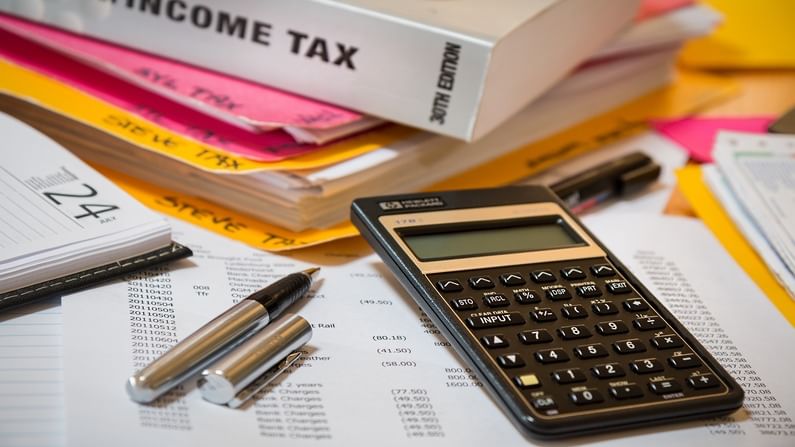Advance tax: When is it due, how much needs to be paid?
Income tax for the year you're earning, needs to be paid in the next financial year, while advance tax needs to be paid during the earning financial year

Form 26 AS, also known as the annual consolidated statement, is a critical document containing all of the taxpayer's tax-related information, such as TDS (Tax Deduction at Source), advance tax, etc.
June-July is quite important in terms of taxation. By July 31, you need to file your Income Tax Return (ITR) for the financial year 2023-24, therefore, advance tax installments need to be paid by June 15. Income tax for the year you’re earning, needs to be paid in the next financial year, while advance tax needs to be paid during the earning financial year.
Let’s understand what advance tax is, who needs to pay it and by when? How can you pay advance tax and what penalties apply if you don’t pay?
Firstly, let’s understand what advance tax is. Advance tax is the income tax that taxpayers have to pay every quarter instead of paying it all at once. For the income you earn in the financial year 2024-25, you are required to pay advance tax on that income within the same financial year. Individuals whose tax liability after deducting TDS and TCS in one financial year exceeds ₹10,000, are required to pay advance tax. This includes salaried individuals, freelancers, professionals, and businessmen.
Taxpayers can calculate their tax liability by estimating their income for the entire year and adjusting exemptions and deductions accordingly. Salaried individuals don’t have to pay advance tax because their employer deducts TDS from their salary. They can pay advance tax when they have other sources of income other than salary, such as rental income, interest, or dividend income.
Individuals aged 60 years or above, i.e., senior citizens, are exempt from advance tax, provided they don’t have income from any business or profession. As we know that there are four quarters in a financial year, April to June, July to September, October to December, and January to March.
During these quarters, advance tax is due. The last date for the first installment is June 15, for the second installment is September 15, for the third installment is December 15, and for the fourth installment is March 15. You have to pay 15% of the total tax liability by June 15; 45% by September 15; 75% by December 15, and 100% by March 15. Suppose your tax liability is ₹1 lakh, then you need to pay ₹15,000 by June 15, ₹30,000 by September 15 (₹45,000 – ₹15,000), ₹30,000 by December 15 (₹75,000 – ₹45,000), and ₹25,000 by March 15 (₹1,00,000 – ₹75,000).
Failure to pay advance tax or its installments by the due date attracts penalties under Section 234B and Section 234C. Under Section 234B of the Income Tax Act, defaulting or underpaying in advance tax payment attracts penal interest. Whereas, there is a penalty for missing advance tax installments under Section 234C.
The last date for the first installment of advance tax is June 15, 2024. If you miss this deadline by even a day, you will have to pay interest for three months, at a rate of one percent per month.
Suppose your advance tax liability is ₹1 lakh and you fail to make a payment of ₹15,000 by June 15, then you will have to pay a penalty of ₹450 for that default, even if you pay advance tax on June 16. To pay the first installment of advance tax by June 15, 2024, you need to visit the Income Tax Department’s e-filing website www.incometax.gov.in. Click on the e-Pay Tax option. Enter your PAN and mobile number and select the option for advance tax.
You can pay through net banking or debit card. You can generate challan number 208 and deposit it in an authorized bank branch to pay advance tax.
Published: June 7, 2024, 10:30 IST

